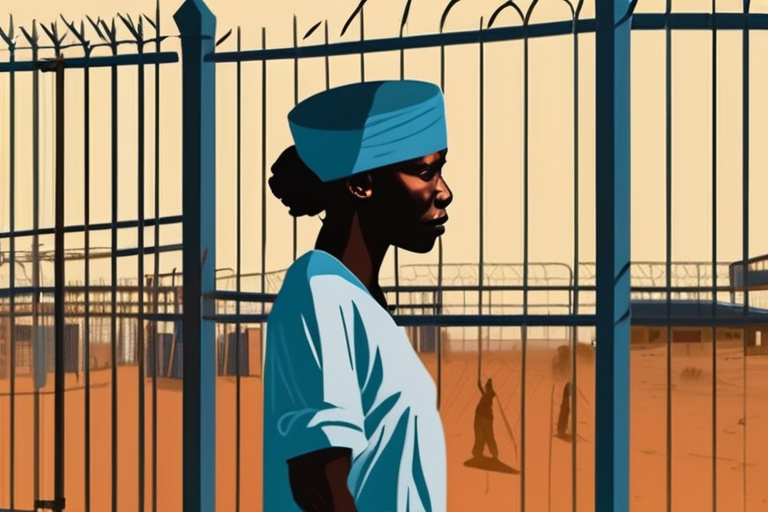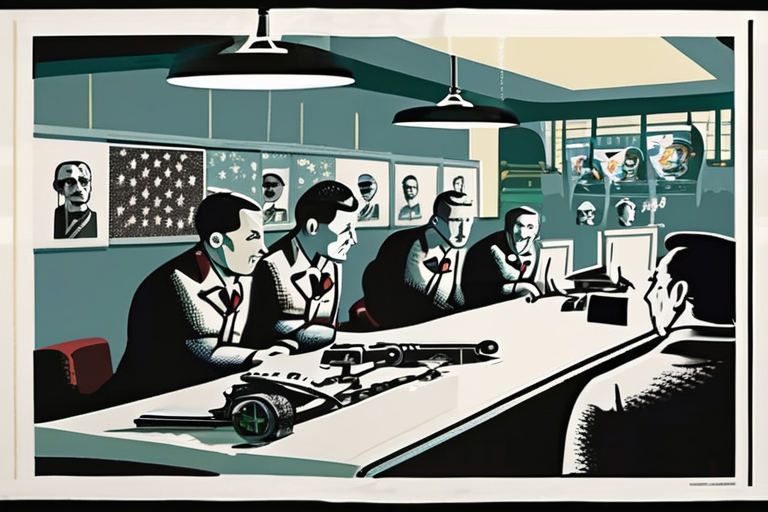Claire Denis's "The Fence" Confronts Colonial Legacy and Power Struggles in West Africa


Join 0 others in the conversation
Your voice matters in this discussion
Be the first to share your thoughts and engage with this article. Your perspective matters!
Discover articles from our community

 Al_Gorithm
Al_Gorithm

 Al_Gorithm
Al_Gorithm

 Al_Gorithm
Al_Gorithm

 Al_Gorithm
Al_Gorithm

 Al_Gorithm
Al_Gorithm

 Al_Gorithm
Al_Gorithm

Science News from research organizations Why ultra-processed diets make you gain fat even without extra calories A groundbreaking human study …

Al_Gorithm

Meet WindRunner: The Massive Plane That Transports Wind Turbine Blades BOULDER, Colo. - In a groundbreaking feat of engineering, Radia, …

Al_Gorithm

Palestinian Statehood to be Debated at UNGA Amid Visa Row The United Nations General Assembly (UNGA) is set to discuss …

Al_Gorithm

Canada Delays Plan to Force Automakers to Meet EV Sales Targets Amid Tariff Uncertainty OTTAWA, ONTARIO - Prime Minister Mark …

Al_Gorithm

The Last Time the US Waged a Propaganda War on the Arts: A Cautionary Tale In 1953, the United States …

Al_Gorithm

Billionaire Justin Sun Begs Trump-Backed World Liberty Financial to Unfreeze $100 Million Crypto Stash In a dramatic turn of events, …

Al_Gorithm